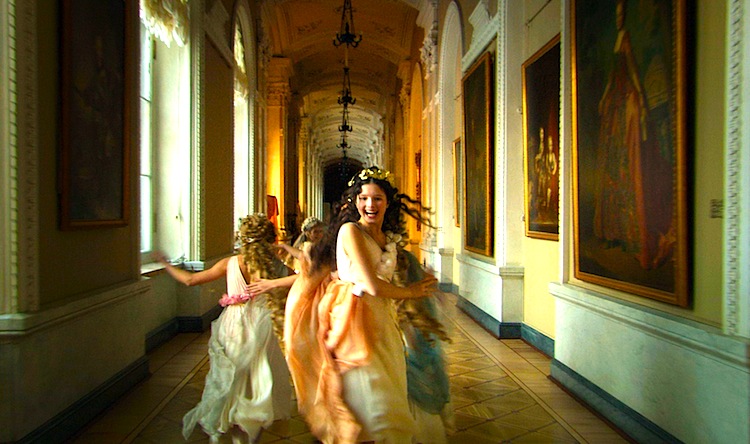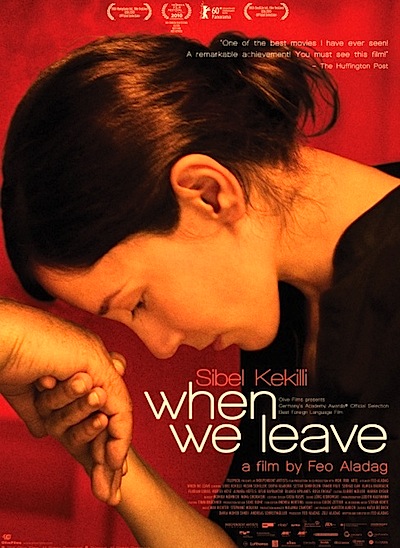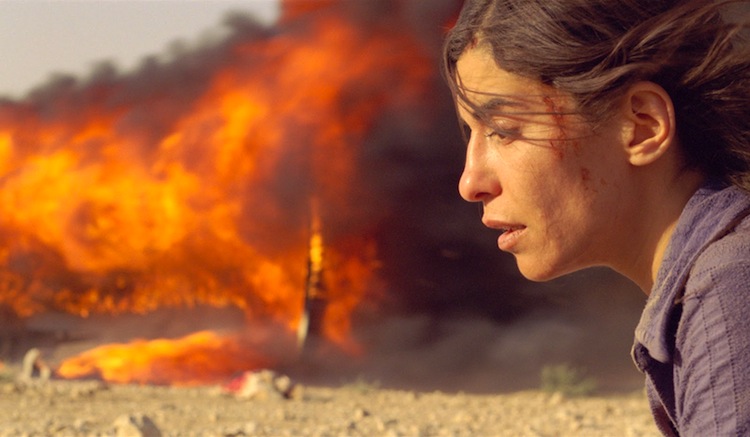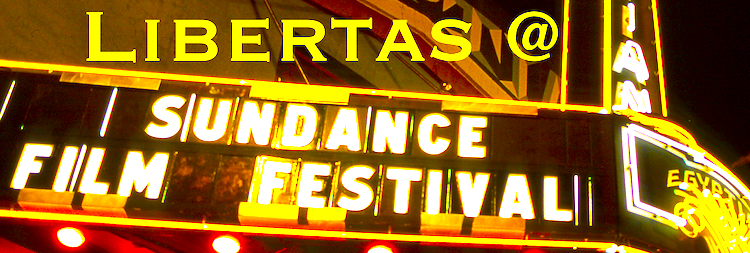By Joe Bendel. In an ironic way, President Ronald Reagan might have approved of the approach taken by his documentary profiler, Eugene Jarecki – at least in principle. While readily conceding Reagan’s personal virtues, Jarecki gives no quarter in the political arena. Such a strategy earned Jarecki Pavlovian praise for his ‘evenhandedness’ at the 2011 Sundance Film Festival, but it contributes little to the public discourse. Instead, Jarecki essentially offers viewers the same old canned talking points in Reagan, which debuts on HBO tonight.
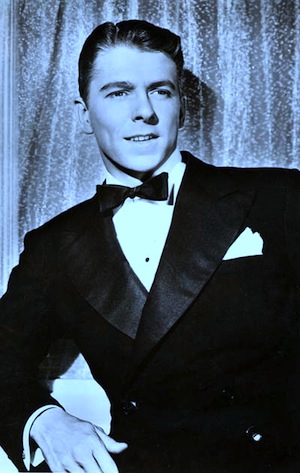
Frankly, Jarecki’s polemical Reagan is best when covering the early Reagan years. A better actor than generally acknowledged, Reagan was eager to serve his country during WWII. Unfortunately, he was nearly as blind as a film critic, which to his genuine regret kept him out of combat duty. So the metaphor Jarecki ultimately latches onto is Reagan the lifeguard, the vision-impaired teenager who pulled seventy-seven floundering swimmers to safety.
By contrast, when addressing political issues, Jarecki is far from an honest broker. He only cursorily discusses Reagan’s time as the Screen Actor’s Guild President, largely to speculate on whether the future president named names. Had he delved deeper, he would have examined Reagan’s alarm at the extent to which Communist and fellow-traveling factions had co-opted Hollywood’s unions and progressive organizations. Of course, this would have challenged long held articles of faith regarding Hollywood and the HUAC committee, which Jarecki obviously was not about to do. Better to play it safe.
As a result, this omission leaves Reagan’s evolution from Roosevelt Democrat to Reagan Republican (if you will) largely unexplained. Context is not a priority here, though. All viewers are really told about his predecessor Jimmy Carter, for example, is that Carter had the ‘courage’ to make his ‘malaise’ speech. The word “stagflation,” however, is scrupulously ignored. The Iranian hostages are discussed, but apparently only to illustrate Reagan’s providential good fortune with their fortuitous release.
Jarecki interviews some Reagan insiders, but his editorial hand is always obvious. Peter Robinson has a chance to discuss Reagan’s frequently-lauded talents as a communicator, but policy analysis is reserved solely for the President’s partisan critics. So what do you suppose they say happened to ‘the rich,’ for example, during Reagan’s tenure?
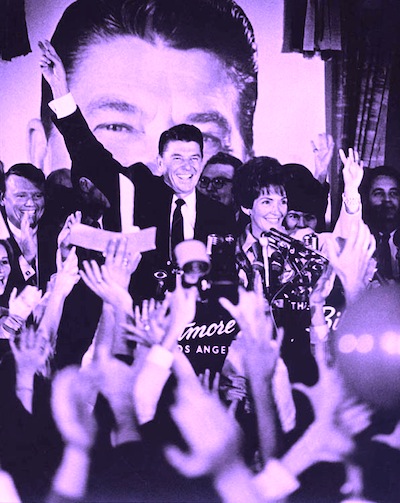
One can also see this formal balance but practical bias in the appearances of Reagan’s family. Michael Reagan is only seen playing a cheerleader role while conducting a Reagan-themed tour (just long enough for the audience to suspect he might be trading on his father’s name). Conversely, Ron Reagan is allowed long, thoughtful camera time to whittle away at his father’s political legacy. It is worth noting, though, that Jarecki’s film directly contradicts the junior Reagan’s claim that his father exhibited symptoms of Alzheimer’s while in office.
Despite the near constant criticism of Reagan, Jarecki never comes close to suggesting that the iconic president ever acted out of self interest or cynical calculation. Even during the Iran-Contra affair, the ‘lifeguard’ metaphor is too hard for him to shake. Indeed, this is Reagan’s ultimate saving grace – or failure, depending on one’s perspective. Further diminishing the film’s seriousness, the constant use of vintage 1980’s pop tunes, like “99 Luftballoons” to underscore Reagan’s nuclear policy, is rather shallow and clichéd. (Sadly, it seems Jarecki was not able to clear the Buggles’ “Video Killed the Radio Star” for a “Great Communicator” segment.)
Disappointing but not surprising, Jarecki’s Reagan does a disservice to its subject and to its audience. It airs tonight (2/7) on HBO, following its recent Sundance premiere.
Posted on February 7th, 2011 at 11:28am.
